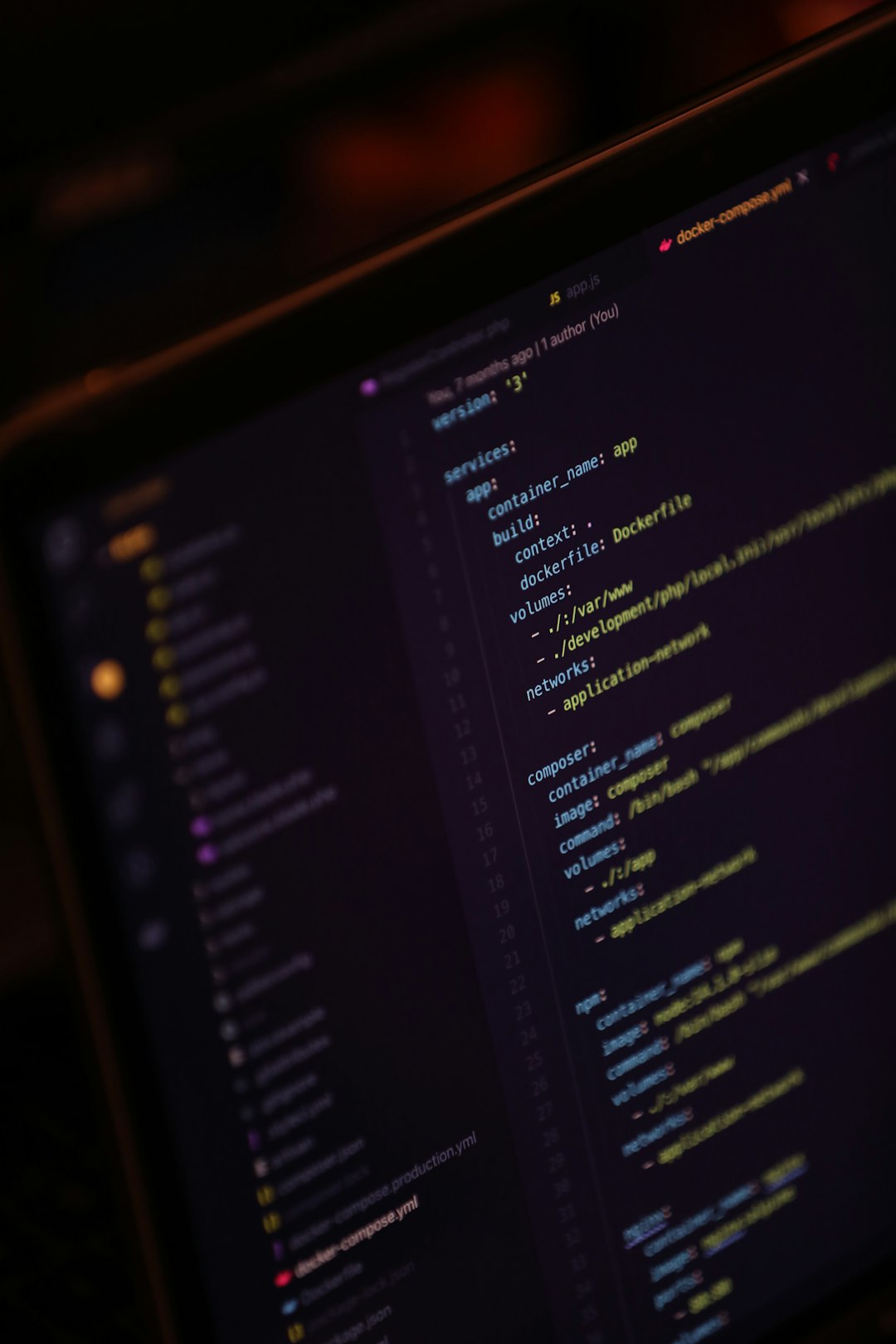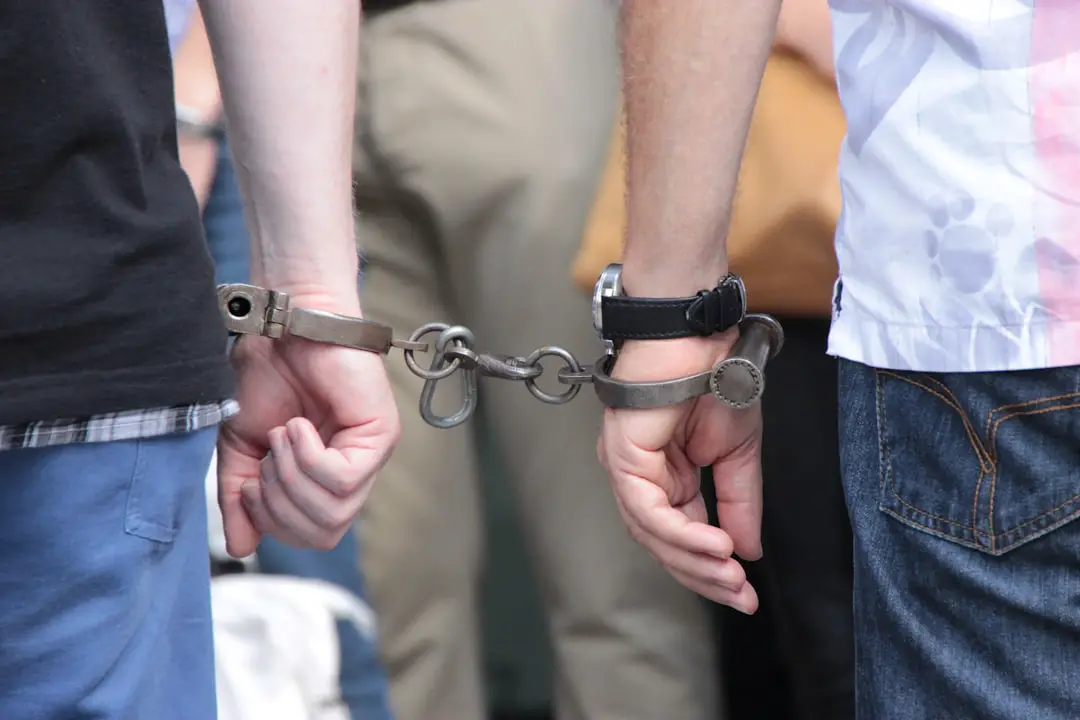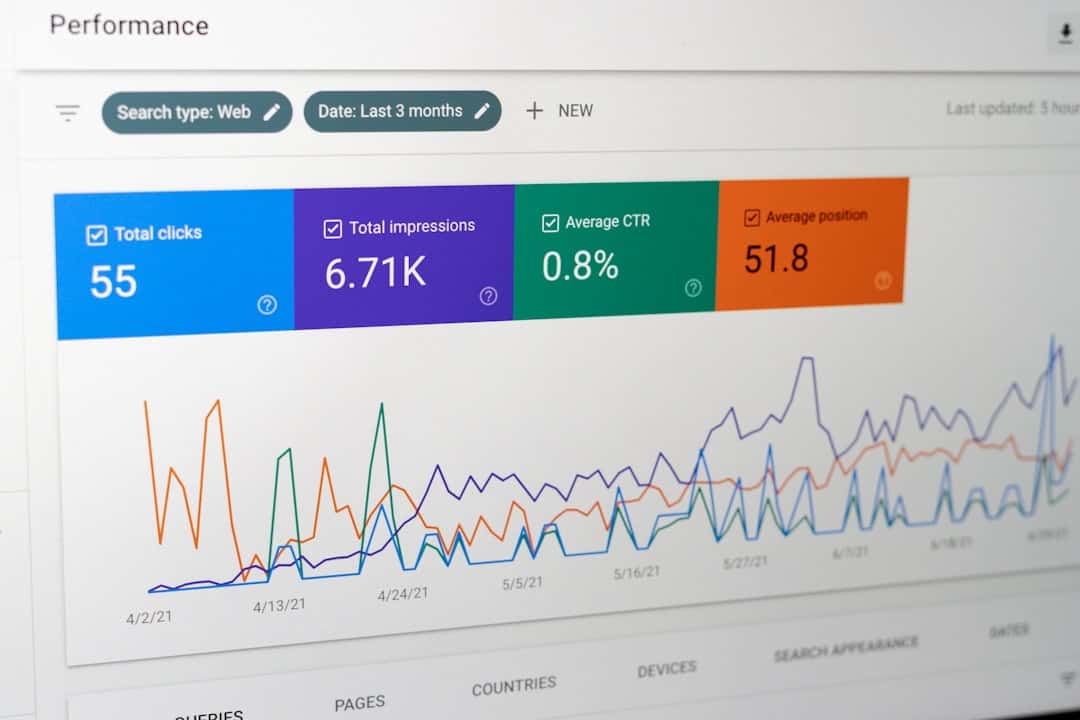Some websites are made for fun. Others are created to talk about hobbies or news. But some sites cross the line—and one of them was Anon-IB.com. Heard of it? Many people wish they hadn’t.
Let’s break it down in a simple way. Here’s what Anon-IB was all about, and why it’s a big deal.
What Was Anon-IB?
Anon-IB was an imageboard.
That means people could post pictures, comment, and talk with others. But there was a big twist—it was mainly used to share explicit adult content. And not always the kind that was shared with permission.

Here’s what made it different from normal sites:
- It was anonymous—no need to sign up.
- Posts were often made without people’s knowledge.
- There were entire sections asking for photos of certain people. Sometimes even with names, schools, or locations.
The site had a huge focus on sharing and requesting “revenge porn”. That’s when someone posts private photos of someone else after a breakup or an argument—to embarrass or hurt them.
Why Did It Get So Popular?
Some people used Anon-IB because they felt hidden. There were no usernames. No way to track who they were. That made it feel safe… for the posters, at least.
Others were curious. Some liked the thrill of digging into someone else’s private life. Some tried to “hunt” for more pics of specific people. It became a kind of toxic game.
Wait… Is That Even Legal?
Great question!
Much of what was posted on Anon-IB was completely illegal. But because it didn’t host the videos or pics directly—sometimes using links—it took longer for authorities to shut it down.
Real people were getting hurt. Many didn’t even know their photos were being shared. Some were underage. Others had their lives turned upside down.
There were cases of harassment, blackmail, and threats. It went far beyond just “a naughty website.”
Cracking Down
The FBI and other forces finally stepped in.
In 2018, the site was taken offline. Investigations started. Some posters got arrested. Authorities realized this wasn’t just mischief—it was real harm.

Lawmakers began talking more about online privacy, consent, and revenge porn laws. These kinds of sites helped spark global conversations about what is—and isn’t—OK on the internet.
What Can We Learn?
Anon-IB may be gone, but it left a mark. We’ve got to be more careful about:
- Sharing personal photos
- Respecting people’s privacy
- Speaking up when we see something wrong online
If you ever find something like this happening—report it. Many countries now have better tools to take action. And victims are NOT alone.
Moving Forward
The internet can be amazing. It connects us, teaches us, and brings joy. But just like the real world, it has dark corners too.
Anon-IB.com became one of those corners. It’s a cautionary tale of what happens when technology is used to hurt, not help.
So the next time someone says “It’s just the internet,” remember: real people live behind those posts and pictures. Let’s treat them like it.

